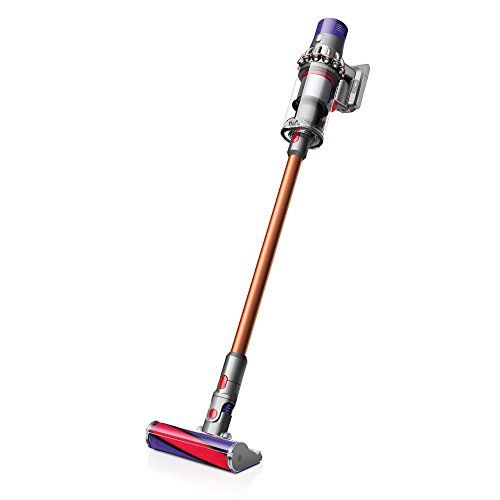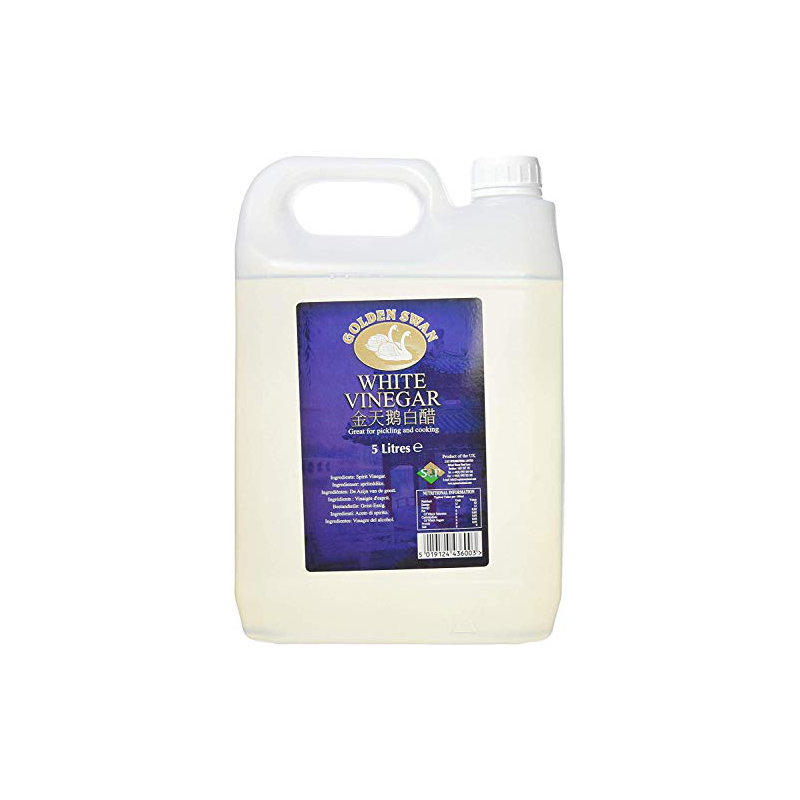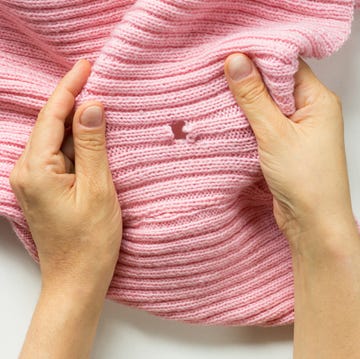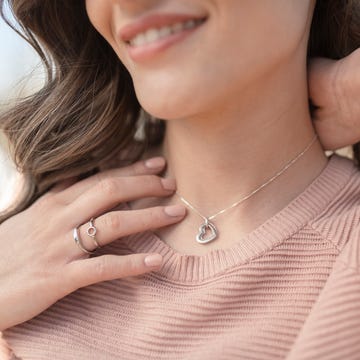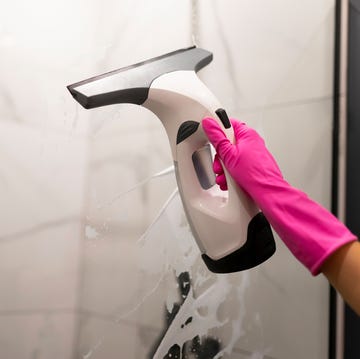Bonfire Night is a fantastic festival, filled with sparklers, toffee apples and, of course, superb firework displays. But while we may look up in fascination, our pets, unfortunately, aren’t so keen to celebrate.
For our furry family members, firework displays are frightening and stressful. I still remember trying to find our cat during one Bonfire Night while I was just a girl. We knew he was indoors, but there was no sign of him. We later found him huddled behind the sofa, snug and safe. Looking back, it got me thinking: what can we do to make things a little easier for our pets on the night?
According to the RSPCA, 64% of animals are negatively affected by private firework displays, so the first step is to avoid lighting your own fireworks and ideally check if any direct neighbours are planning to do so. That way, you can better prepare yourself and potentially move elsewhere on the night.
Of course, fireworks are still likely to go off. And even if they’re in the distance, it can impact all kinds of pets, including rabbits, horses and hens as well as cats and dogs. Thankfully there are steps you can take to make to mitigate the stress and keep your pets safe.
Keep them secure
Animals have a fight-or-flight instinct, just like us, so they may try to bolt when they hear fireworks. Make sure you keep them inside the house at nighttime when there are fireworks, particularly if you live near a main road. Even if you usually let your cat out, it’s advisable to keep them in when it gets dark around 5 November, providing them with a clean litter tray and plenty of places to hide.
Steer clear of walking your dog after dark so that you can avoid the potential for fireworks going off and frightening them. When you do walk them, be wary of debris from spent fireworks that could hurt them. If they need to go out to do their business, stay with them in case they get afraid. Never take a dog to a firework display, even if they don’t appear scared, as it’s likely to be stressful for them.
GHI Tip: It’s now the law for all cats and dogs to be microchipped. To help make sure you’ll be reunited with your pet if they do go missing, keep your details up to date by contacting the microchip registry you registered your pet with – or your vet.
Create a safe space for your pet
It is important that there’s a hiding place for all of your pets, from dogs to budgies, so they have somewhere to go when they feel afraid.
For a dog or cat, a space under furniture will do – maybe with their favourite blanket to cosy up on. Close all the windows and curtains in the rooms they’re in so that they can’t see the flashing lights.
If you have pets outdoors, such as rabbits or hens, make sure at least part of their home can be covered and that they have plenty of extra bedding to burrow into.
Be extra kind
When afraid, your pet can lash out or react in a way they wouldn’t normally. Don’t tell them off for any out-of-character behaviour, as it’s likely to increase their anxiety, and try to stay calm yourself. It’s fine to leave them alone unless you’re worried they could harm themselves – in some cases, they may actually prefer to be on their own.
Consult your vet
A phobia of fireworks is a treatable condition and your vet may be able to help you with techniques to calm your pet down if they’re really stressed. They might refer you to a professional clinical animal behaviourist to help your pet with their fear.
You could also purchase a plug-in diffuser that emits pheromones to help relax your cat or dog. An example of this would be Adaptil Calm Home Diffuser for Dogs. Sprays are also available, such as the RSPCA Calming Bed Spray For Dogs. Always consult your vet first.
For more tips and other pet advice, visit the RSPCA.


